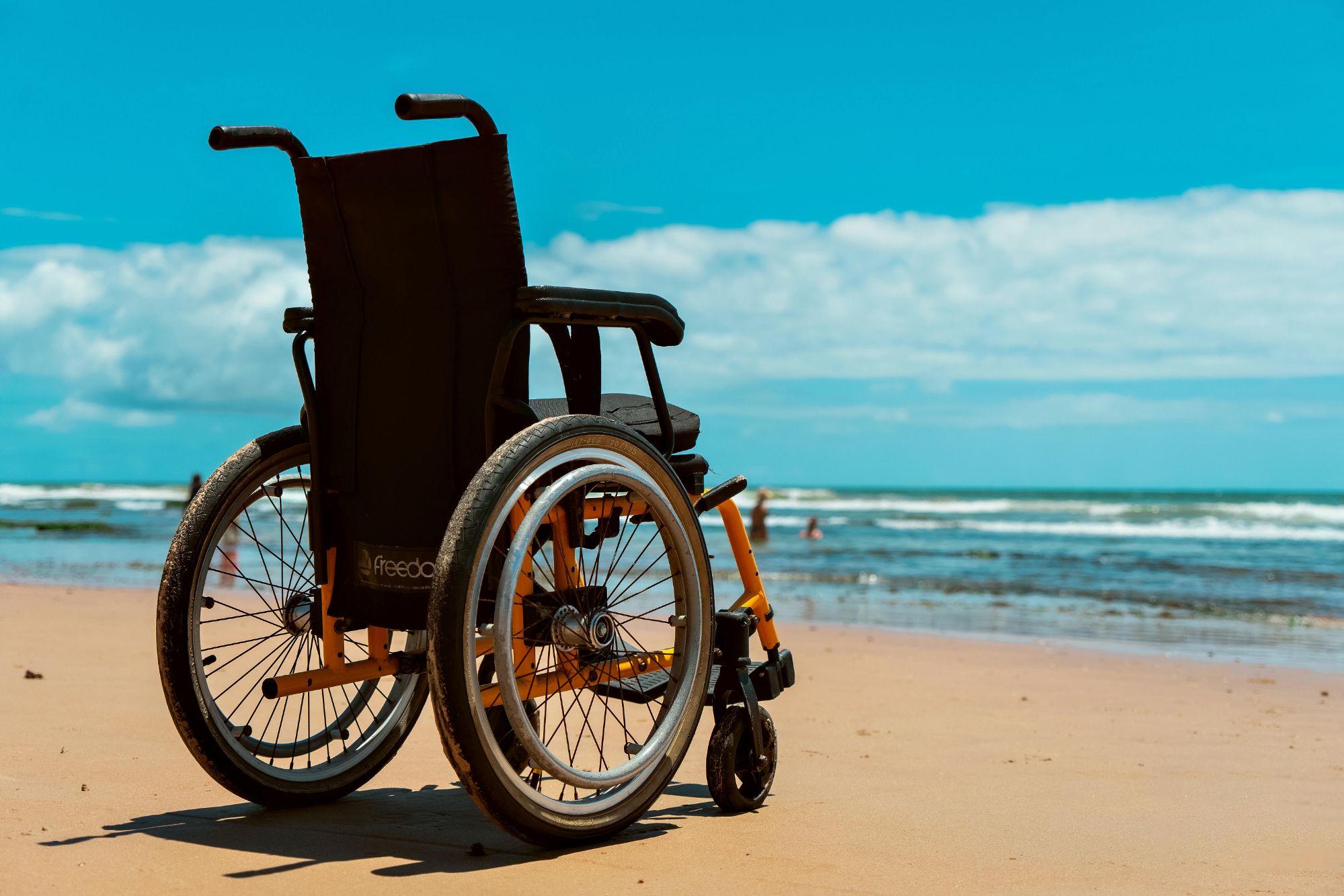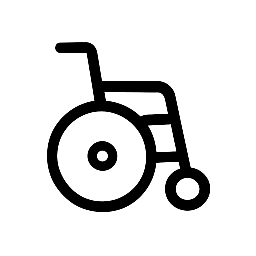Content warning: This post discusses the Columbine school shooting, and details of violence and gun violence that may be upsetting or triggering for some readers.

At 14 years old, I sat in my wheelchair, glued to the television, witnessing the unbelievable. The Columbine shootings, like September 11th, was a defining moment – a moment that changed how I saw the world. Until that day, the idea of such violence in a school was unimaginable
Unlike those of us watching from afar, Anne Marie Hochhalter lived this nightmare. The Columbine shootings shattered her life, leaving her paralyzed. It’s a devastating truth. Yet, even as her body endured unimaginable trauma, her spirit and strength emerged even stronger.
Learning of Anne Marie Hochhalter’s recent passing was a shock, and it brought a wave of sadness. I’m ashamed to admit I didn’t know her name until recently. I’ve since learned of her extraordinary resilience, how she faced life in a wheelchair with an unwavering spirit. It makes me wish I known of her story earlier, and that’s why I’m sharing it now. She deserved to be known. She was a survivor, fiercely rejecting the label of ‘victim.’ Her capacity for forgiveness, even towards those who caused her suffering, is something I find truly awe-inspiring. I honestly don’t know if I could have been as strong.
When I reached high school, I was mainstreamed into regular classes. I navigated the hallways in my power chair, maneuvering between classmates, attending classes alongside my non-disabled peers. As a teenager with a disability – something I was born with – I already had unique challenges. I had to deal with the usual high school dynamics while constantly aware of my chair, making sure I didn’t bump into anyone as we rushed between classes. But I can’t fathom what it would have been like to be in the middle of a school shooting like Columbine, or any of the ones that have happened since. I graduated in 2003, fortunate enough to have never experienced anything remotely close to what Anne Marie Hochhalter went through. We had a few fire alarm pranks, some fake bomb threats to get out of class early, but nothing that compares to the terror of that day at Columbine High School.
In the aftermath of the Columbine shooting, Anne Marie Hochhalter demonstrated remarkable strength and forgiveness. Just six months after the tragedy, she faced another devastating loss – the death of her mother. Yet, even in the face of such immense pain, she found the strength to forgive. In 2016, she wrote a letter to Sue Klebold, mother of one of the shooters, expressing forgiveness for her son’s actions.
Even after being paralyzed, Anne Marie Hochhalter found the strength and confidence to live a full life. She cherished her dogs, enjoyed spending time with her friends, and continued to find joy in music. She embraced her identity as a person with a disability and became an advocate for others who lacked the strength to advocate for themselves. This wasn’t something she had to do; it was something she chose to do. It speaks volumes about her character and her determination to make a difference.
This makes me think about a conversation I had with an able-bodied friend a couple of years ago. She argued that dealing with an acquired disability would be more difficult than being born with one, as I was. She couldn’t imagine losing the ability to walk after having it her whole life. I’m beginning to see her point. I’ve never known what it’s like to walk, but Anne Marie lost that ability and still never gave up. She faced her challenges with incredible strength and resilience. In my opinion, she was stronger than most.
Anne Marie Hochhalter’s life was forever altered by gun violence. Yet, she refused to be defined by it. She chose resilience, she chose forgiveness, she chose life. Her story is a powerful reminder of the devastating impact of gun violence and the urgent need for change. Let us honor her memory by working towards a world where no one else has to endure the pain and suffering she faced. And to truly honor her, let us commit to taking gun violence in schools with the seriousness it demands. We must acknowledge the alarming ease with which children and young adults access and bring firearms onto campus. Let Ann Marie’s story serve as a pivotal moment, a catalyst that propels us towards a future where school violence is relegated to the history books, a memory, and not a present-day reality.
For more information on preventing school violence, or bullying, see the links below:
StopBullying.gov – This website, managed by the U.S. Department of Health and Human Services, provides comprehensive information on bullying prevention, including cyberbullying. It offers resources for students, parents, and educators.
National Association of School Psychologists (NASP) – https://www.nasponline.org/resources-and-publications/resources-and-podcasts/school-safety-and-crisis/school-violence-resources -NASP offers a wealth of resources on school safety and crisis, including information on preventing school violence, crisis response, and supporting students’ mental health.
Sandy Hook Promise – https://actionfund.sandyhookpromise.org/issues/stop-school-violence/prevention-program-support/ – This organization focuses on preventing gun violence and other forms of violence before they happen. They offer programs and resources for schools and communities.
National Center for School Mental Health (NCSMH) – https://guides.library.stanford.edu/school_violence/websites -This center provides resources and training on promoting positive school climates and addressing students’ mental health needs, which are crucial components of violence prevention.


Leave a Reply